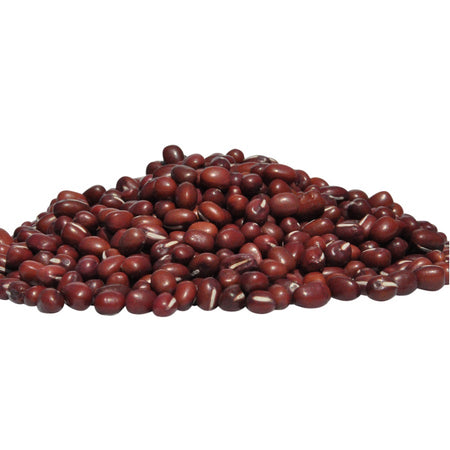Mung beans are known throughout the globe by many names such as green gram, maash, monggo, and more. Despite its many names, mung beans have remained to be the top ingredient used in many recipes for not only its unique flavor and texture but for the health benefits it may provide when adding it to a healthy routine diet.
Nutritional Value of Organic Mung Beans
Mung beans contain several important vitamins and minerals. It contains plenty of B vitamins, vitamin C, vitamin E, vitamin K, calcium, copper, iron, manganese, magnesium, phosphorus, potassium, zinc, and several others. Consuming or eating one cup or 202 grams can provide 212 calories, 14.2 grams of protein, 38.7 grams of carbs, .8 grams of fat, and 15.4 grams of fiber.
Health Benefits of Mung Beans
Containing a high amount of antioxidants, routinely consuming mung beans can help reduce the risk of chronic diseases and chronic inflammation. It may also lower "bad" cholesterol levels, reduce blood pressure, and lower blood sugar levels while supporting digestive health.
How to Cook Organic Mung Beans
Cooking mung beans is simple and quick. Use the 1:3 ratio of mung beans to water when cooking, that is for every 1 cup of mung beans you will use three cups of freshwater. Use a large pot and bring to a boil. Reduce heat, then simmer until beans are tender or about 30 minutes.
Organic and Natural
Now that you have just found out about all the benefits eating mung beans can provide, you are now excited to add the best organic and non gmo mung beans to your diet.


